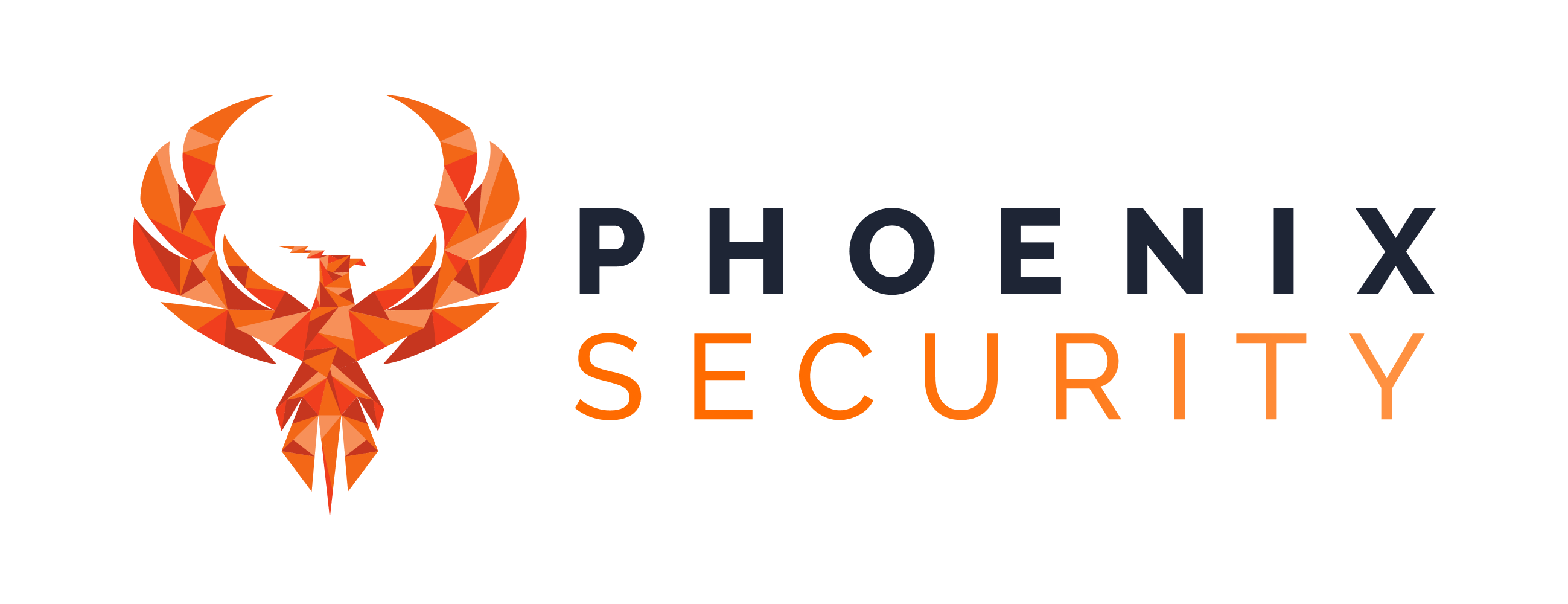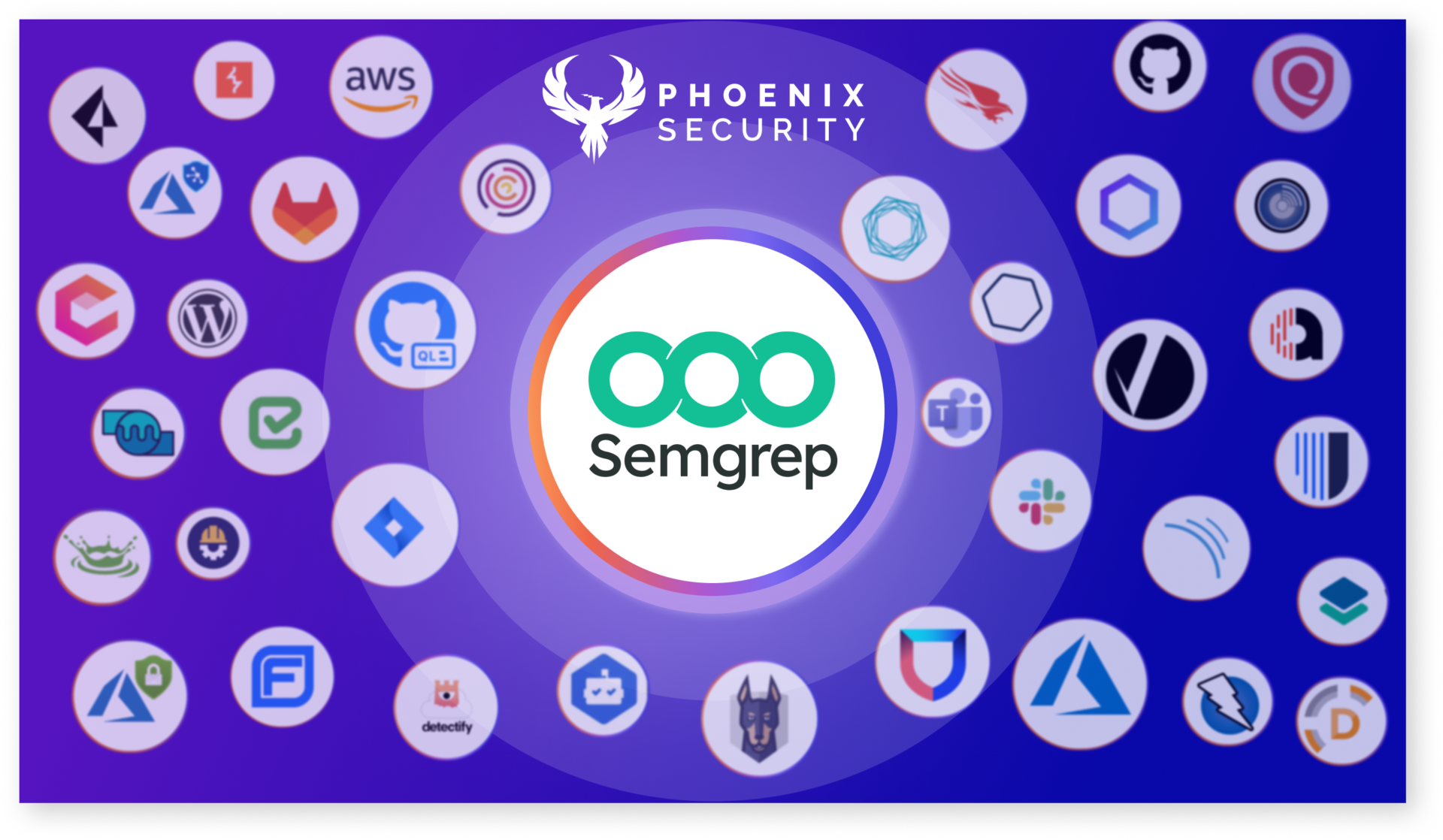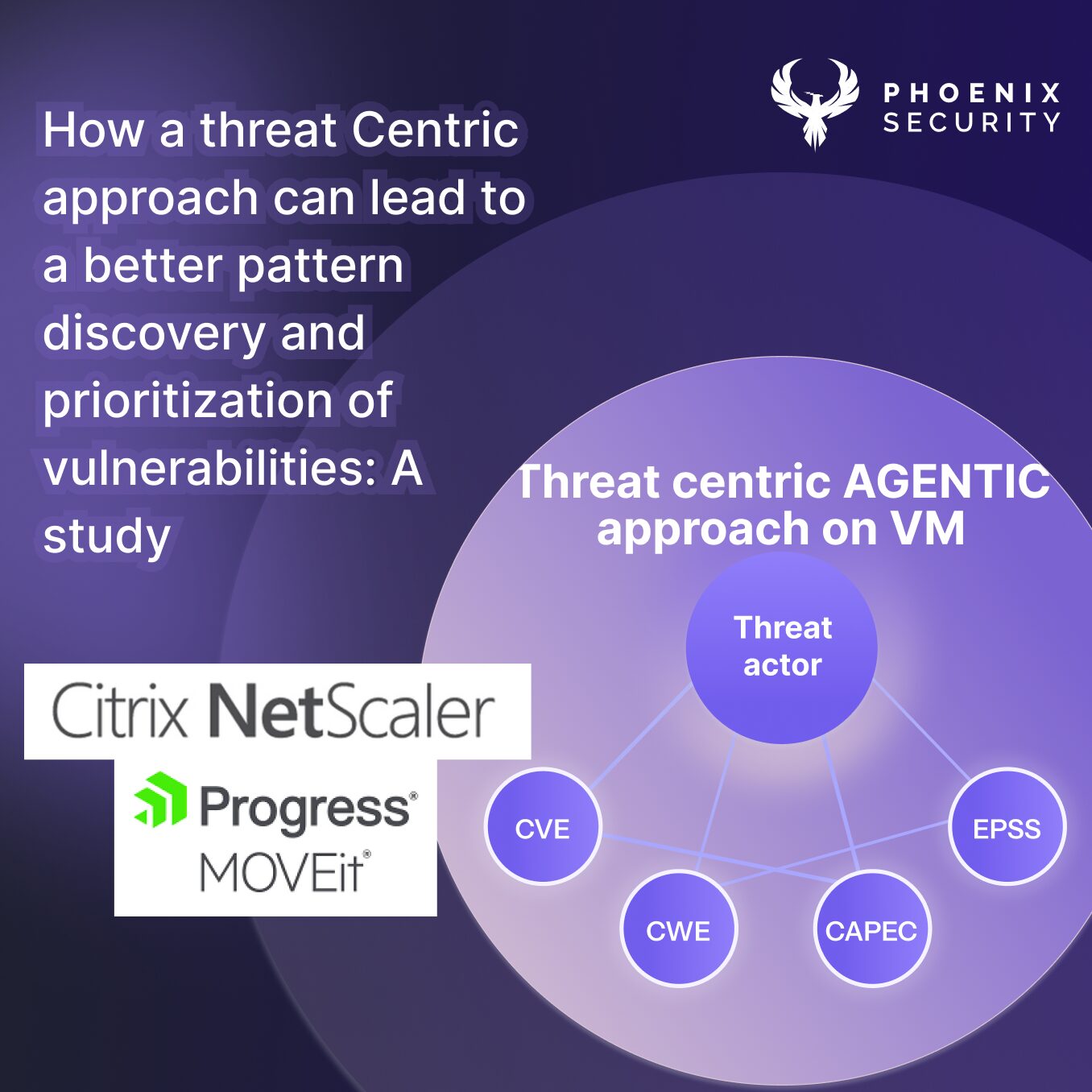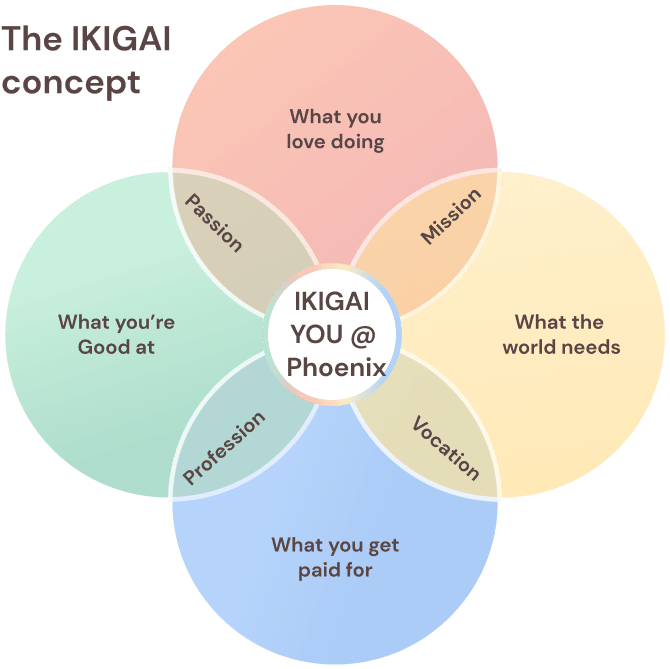With the solution being fragmented, more native capabilities being developed by cloud provider having a single view on vulnerabilities, threats, attackers and the role of remediation is key. The rapid adoption of cloud-native applications, microservices, and hybrid infrastructures demands that security teams stay agile focus on what matters most while maintaining consistent governance. But with the proliferation of scanners and tools, fragmentation, inefficiency, and vendor lock-in often prevent security teams from reaching their full potential.
At Phoenix Security, we believe the future of surface management and unified contextual vulnerability management lies in independent governance, contextual insights, and streamlined workflows, with engineers and users at the center. Our platform is designed to bridge detection and remediation, delivering actionable insights and efficiency to both leadership and development teams. With a host of recently released features and upcoming innovations, we’re enabling organizations to secure their applications, assets, and infrastructure faster and smarter.
The platforms of choice from clients
Phoenix has been selected as the platform of choice as Gartner Peer Insight voice of the customer for 2024 on ASPM. The reason? we care deeply; we are practitioners who are set on a mission to reduce burnout from teams using Phoenix security and solving the vulnerability management problem at scale.

Recently Released: Vulnerability Remediation Campaigns
With our newly launched Vulnerability Remediation Campaigns, Phoenix Security organizes related vulnerabilities into targeted, actionable initiatives. This feature:
– Simplifies vulnerability management by bundling issues with shared characteristics into campaigns.
– Enhances collaboration between security and engineering teams, aligning efforts for faster resolution.
– Reduces noise and fatigue by focusing on what truly matters.

One Backlog for Security Champions
The Teams Feature allows security champions and teams to work from a unified backlog. This ensures:
– All vulnerabilities across scanners and environments are prioritized and tracked in one place.
– Improved efficiency and alignment with development workflows.
– Flexibility to tailor remediation efforts to each team’s capacity and expertise.

Upcoming: Reachability Analysis and Contextual Deduplication
Building on our commitment to contextualization and prioritization, Phoenix Security is preparing to launch:
– Reachability Analysis: This feature will identify exploitable vulnerabilities, helping teams focus on risks that pose real-world threats.
Contextual Deduplication: This feature will streamline remediation efforts and reduce confusion by identifying and consolidating duplicate vulnerabilities across multiple tools.
These upcoming innovations will further Phoenix Security’s mission to empower teams with actionable intelligence and help organizations reduce risk efficiently.

The Power of Independent Governance
At the heart of our platform is independent governance. Unlike other solutions tied to specific scanners or ecosystems, Phoenix Security offers:
– Flexibility: Integrate with any tool or scanner, from Wiz’s CNAPP to native AWS, GCP, Azure, and code solutions like SNYK, without being locked into a specific vendor, getting the best deal that you can from the point scanning solution.
– Unified Context: Centralize insights from all your tools, prioritize vulnerabilities by business impact, and align security with organizational objectives.
– Future-Proofing: Support mergers, acquisitions, and technology shifts without disrupting your security governance framework.
Why Choose Phoenix Security?
At Phoenix Security, we’re not another scanner—we’re a remediation-first platform designed to complement your existing tools and processes. We empower organizations to:
– Operate with a single pane of glass for vulnerability management.
– Reduce risk with contextual prioritization and actionable workflows.
– Stay agile with governance that adapts to changing business and technology landscapes.
Whether you’re leveraging our recently released Vulnerability Remediation Campaigns, simplifying workflows with a single backlog, or preparing to harness Reachability Analysis and Contextual Deduplication, Phoenix Security is your partner in building a unified, independent, and efficient security program.
Looking Ahead
With the upcoming release of the contextual deduplication, we can help team independently from the container, cloud scanners, open source, or commercial to prioritize and achieve the best single backlog for teams focused on fixes.
With our ongoing innovations, Phoenix Security continues to redefine how organizations manage vulnerabilities and reduce risk. By bridging detection and remediation, decoupling governance from specific tools, and streamlining workflows, we’re helping businesses meet the challenges of today while preparing for the threats of tomorrow.
Phoenix Security: Bridging Detection and Remediation
Empowering organizations to resolve vulnerabilities with speed, context, and independence.
















